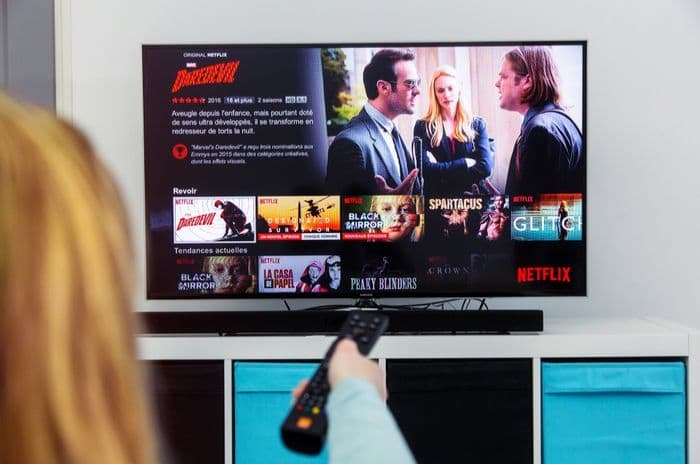Home > TV & Broadband > News > Netflix to automatically cancel dormant subscriptions
Netflix to automatically cancel dormant subscriptions
Subscribers who haven't used their account for more than 12 months will be asked if they want to continue their subscription.
If Netflix doesn't hear back from the subscriber, their account will be automatically cancelled and Netflix will stop taking their monthly subscription fee.
Customers will be able to reactivate their accounts and those who sign back up within 10 months will still have access to their viewing profiles
It's an unusual move from a subscription company, although Netflix say zombie accounts only make up 0.5% of their customer base.

Zombie accounts
Dormant subscribers, also known as zombie accounts, will be contacted by Netflix when they haven't used their account for more than a year under the new arrangements.
This gives a subscriber the chance to quit there and then or, if the customer doesn't respond to the email, Netflix will automatically cancel their account and the associated monthly fees.
To incentivise rejoining, Netflix will ensure a customer's account details including their profiles, viewing preferences and favourites are still available for up to 10 months after the account is deactivated.
Beyond that, of course, customers can rejoin anytime, but their preferences won't be intact and they'll effectively start again with a clean account.
Unusual move
Most companies are happy to reap the benefits of zombie accounts, no doubt reasoning that customers always have the option to cancel if they wish to.
Netflix have turned this accepted logic on its head by pledging to remove accounts which aren't being used at financial detriment to themselves.
While this might only amount to a few million subscribers worldwide, it still represents an unusual move from a monthly subscription service.
It's the latest in a raft of changes from the popular streaming service who put their prices up for standard and premium tariffs in May 2019.
They also announced in December 2019 they were scrapping the longstanding 30-day free trial offer for new customers and replacing it with other forms of promotional marketing.
Taken together, the changes mean subscribers signing up to Netflix in 2020 have a slightly different experience to those signing up at the beginning of 2019, with no free trial and increased prices on two plans, yet the possibility their account will be cancelled if it goes dormant.
It's worth noting that Now TV and Amazon Prime Video still offer free trials of 7 days and 30 days respectively.
Streaming wars
Netflix's changing strategy in the last few years is due to the increased competition in the streaming sector.
Their dominance in the market has been challenged not only by their longstanding rivals Prime Video and Now TV (read our comparative review of those three here), but also by new entrants including Disney+ and BritBox.
Part of Netflix's issue is that they built their streaming service primarily on the content of other companies before moving into producing original films and shows.
While some of these originals are popular, content from elsewhere has gradually been reclaimed by parent companies including Disney and HBO as they add it to their own streaming services instead.
It means Netflix needs to battle to keep their customers and this new move could be seen as one which leads them to lose revenue instead.
Yet by demonstrating they're a company who isn't completely focused on the bottom line, it could improve customer loyalty. As Netflix continue to build their brand beyond streaming old favourites, they're perhaps banking on being seen as generous service in contrast to their rivals.
Find out where you can watch Netflix in this guide.
Get insider tips and the latest offers in our newsletter

We are independent of all of the products and services we compare.

We order our comparison tables by price or feature and never by referral revenue.

We donate at least 5% of our profits to charity, and we have a climate positive workforce.
Latest News

01 July 2025
NOW Hub Two router support coming to an end
30 June 2025
Sky offers £100 voucher with Glass TV
26 June 2025
Virgin Media moves to 24-month contractsGet insider tips and the latest offers in our newsletter

